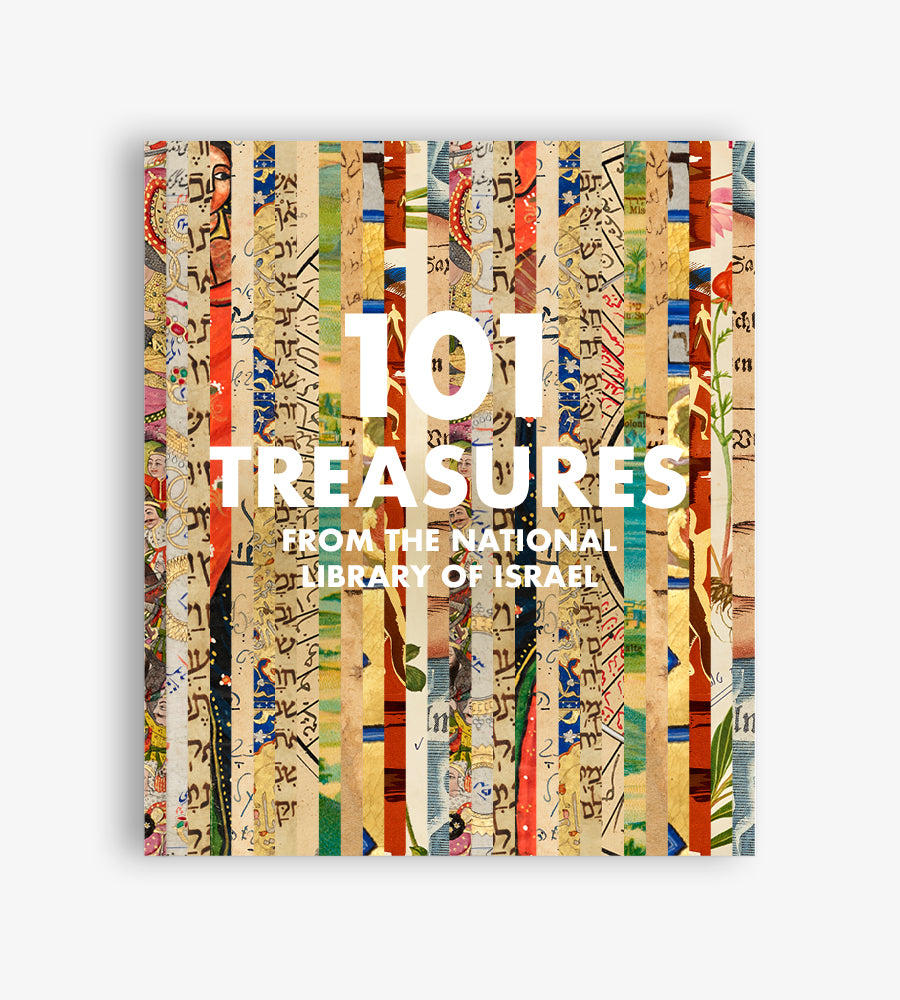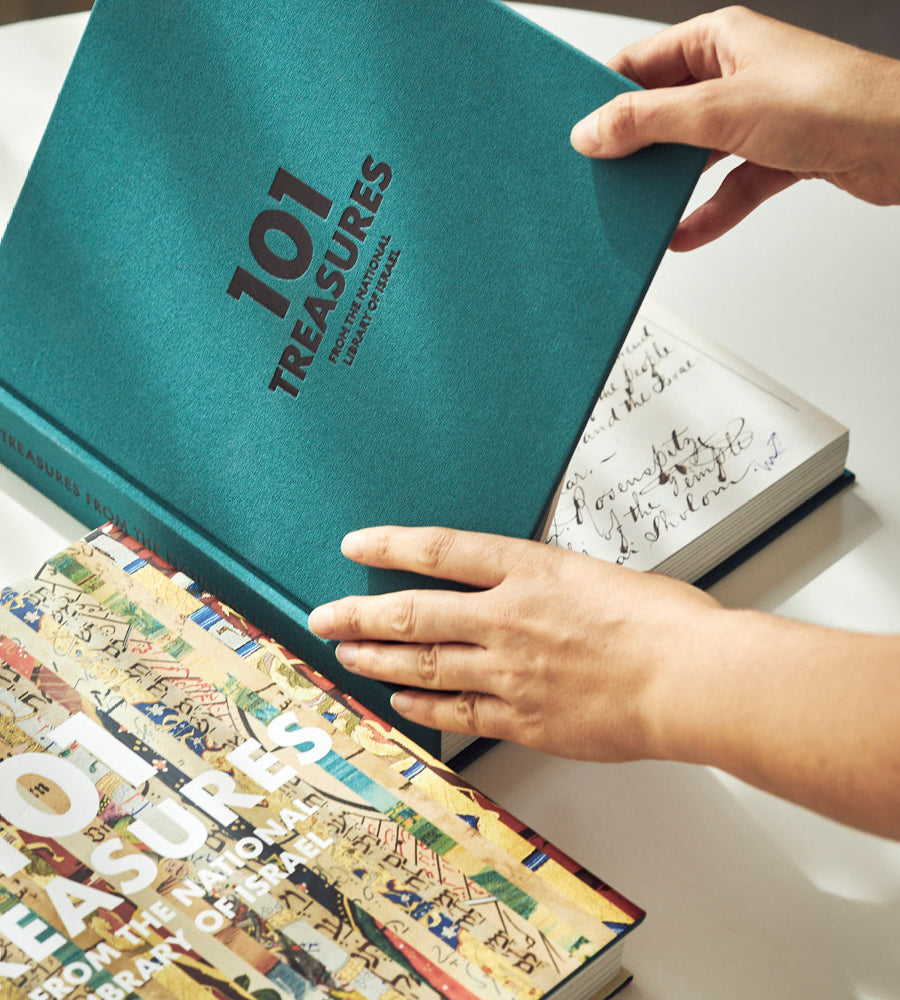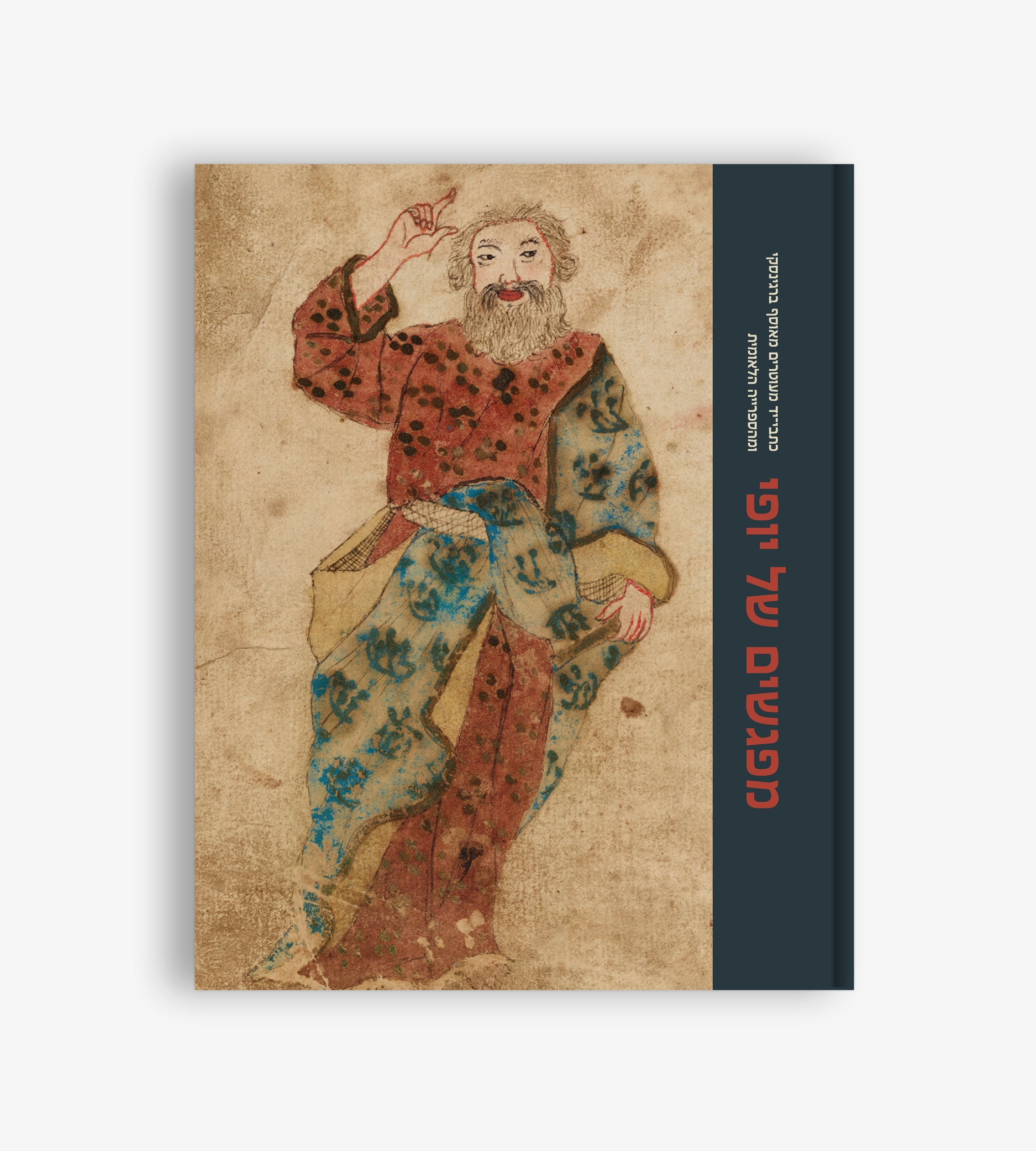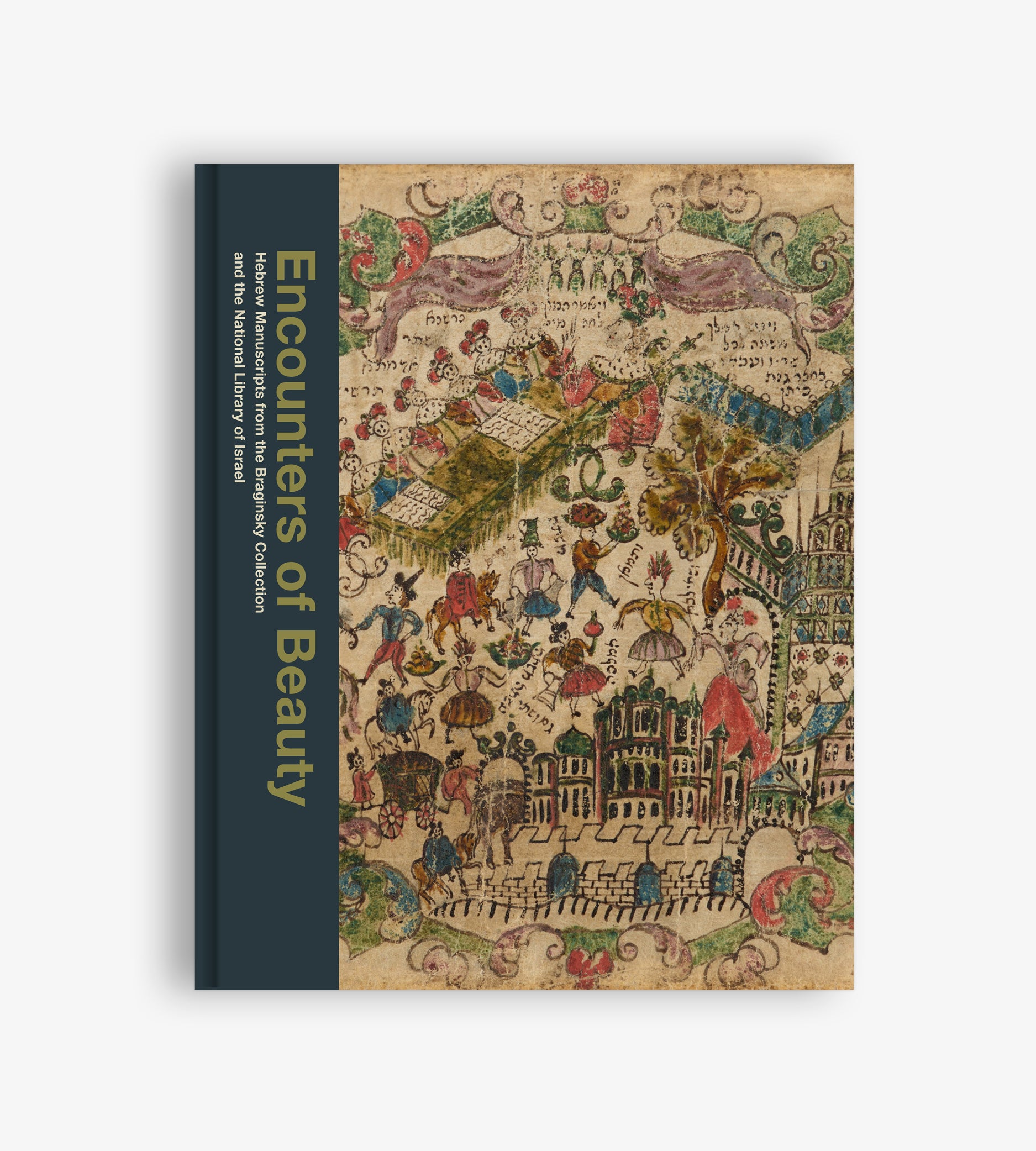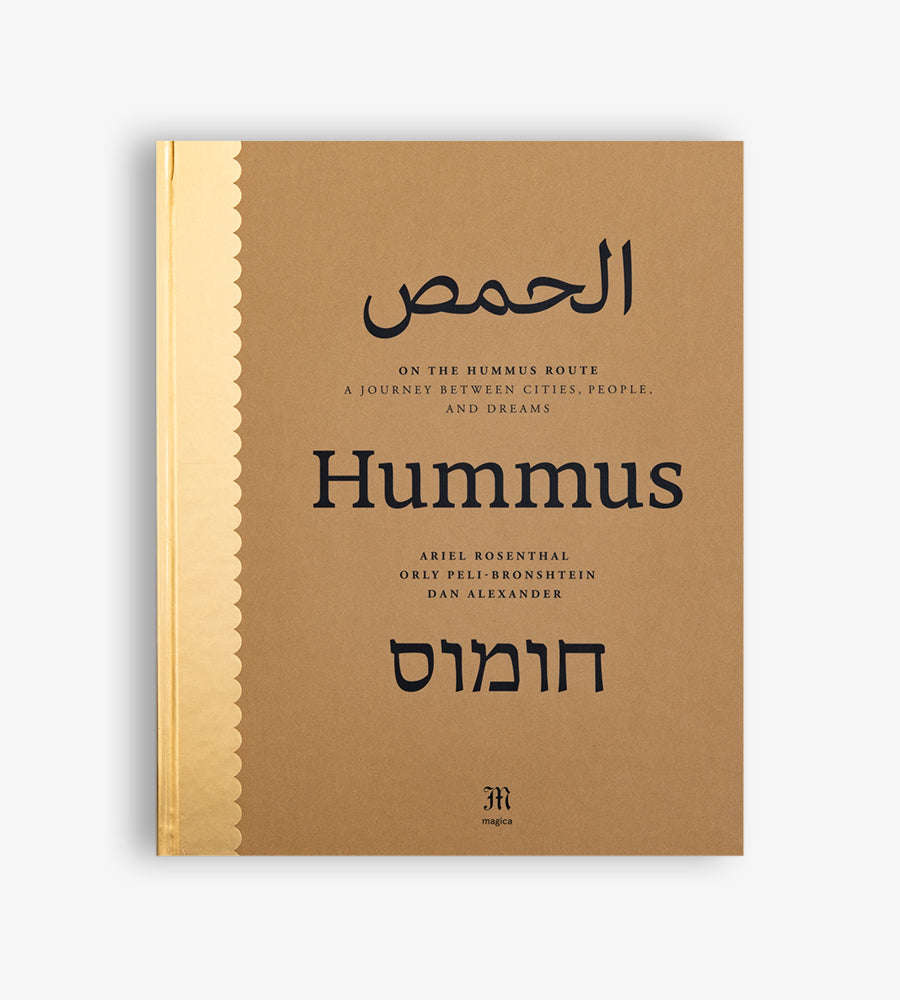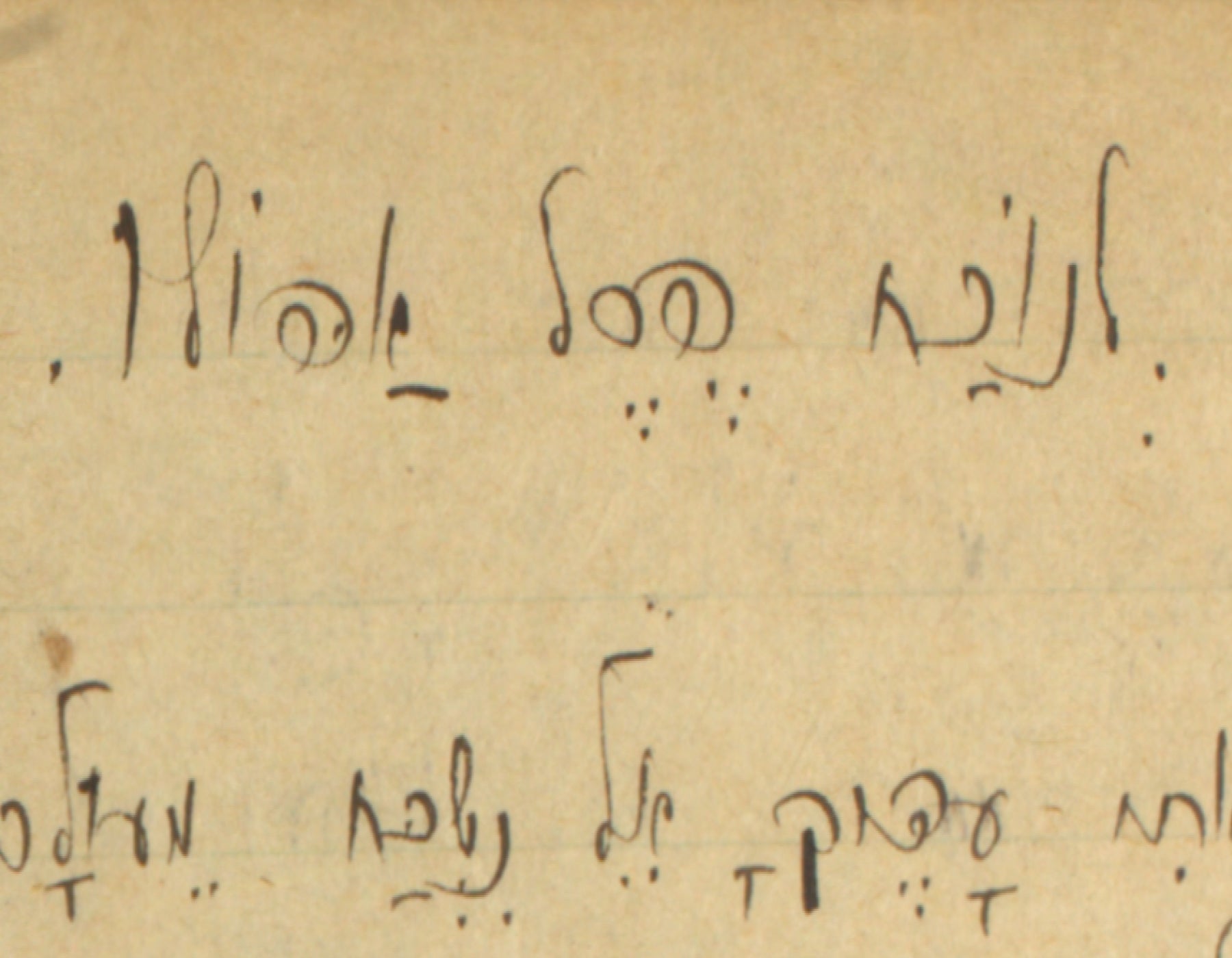
Athens and Jerusalem
Hezi Amiur

Hebrew culture, at the turn of the twentieth century, was bold and revolutionary. And yet readers were nonetheless stunned by the young Shaul Tchernichovsky’s (1875–1943) dialogue with Greek culture while standing before a statue of Apollo, the symbol of vitality and beauty. In this poem, Tchernichovsky extends a greeting of peace to the Greek god and writes admiringly of the Greek zest for life, art, and liberty: “I will kneel, I will bow to the good and the sublime…I will bow to life, to valor, and to beauty.” He comes with an offering of appeasement in the name of a Judaism that has been resurrected after hundreds of years.
In one of the climactic lines of the poem, the Jew stands before the statue of Apollo and exclaims: “Do you recognize me? I am the Jew: Your adversary of old!” In this handwritten draft, however, we see that Tchernichovsky originally wrote: “Your seal in reverse!” Both the question and the response invoking a seal allude to the biblical story of Judah, whose daughter-in-law, Tamar, rebukes him for treating her unfairly, thus leading him to admit her righteousness. Their union ultimately gives rise to the Davidic dynasty.
Tchernichovsky’s initial conception of the relationship between Judaism and Greek culture was not about the eternal conflict between lifelong enemies. He viewed it rather as an internecine conflict and chastised the stronger sibling for betraying their mutual accord. He also proposed a historical reconciliation that would bring a bright future for both cultures.
When he wrote this poem, Tchernichovsky was a student in Heidelberg along with Joseph Klausner, his lifelong friend and interlocutor on matters of art and poetry. Klausner ended up with many drafts, letters, and notes from Tchernichovsky, which were later entrusted to the National Library.


